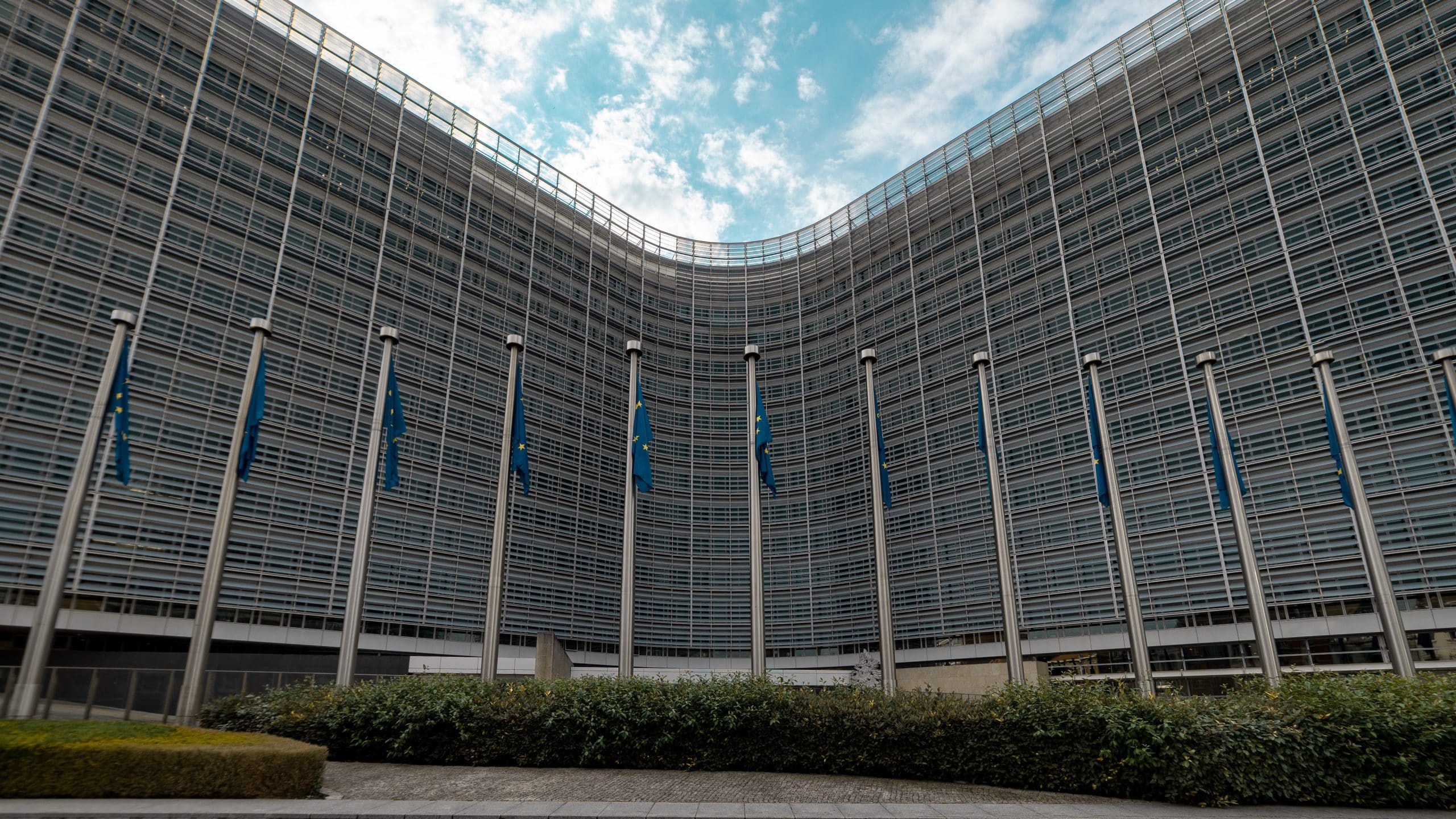Key EU Laws on shell companies
DISCLAIMER: This post was last modified on 23 November 2022. Some information in this article may not be updated.
The European Union (EU) has made several efforts to impose stricter rules on the use of shell companies. Though the establishment of shell companies is not necessarily illegal, its misuse increases risks of money laundering, tax avoidance, tax evasion and violations of social rights. Over the last few years, several EU laws have been proposed and adopted to address these risks. The most recent one being the new Anti-Tax Avoidance Directive 3 or ATAD.

A brief overview of EU Laws on shell companies
The EU has specifically proposed the ATAD 3 to address the inappropriate use of shell companies. However, several measures have also been undertaken that indirectly targeted the misuse of shell companies with provisions aimed at the issues on tax avoidance and tax evasion.
Anti-Tax Avoidance Directive (ATAD) 3
The EU’s new ATAD 3 proposal tries to resolve the misuse of shell companies in performing cross-border tax avoidance and evasion practices. The directive will serve as a “filtering system” for EU companies as several gateway indicators and conditions will be imposed with the proposal.
If an entity would not pass these series of indicators and conditions, it will be presumed at risk for a shell company status. In the case that it could not rebut its “insufficient substance” status, it will be charged with additional requirements, taxes and penalties.
Currently, the directive only covers EU shell entities. However, proposals to also address non-EU shell entities are underway.
The proposed ATAD 3 is set to be implemented on 1 January 2024. A more detailed overview of the proposal, alongside its provisions and exemptions is discussed in this blog.
Base erosion and profit shifting action plan (BEPS)
In 2013, the Organisation for Economic Co-operation and Development (OECD) initiated the base erosion and profit shifting action plan, otherwise known as “BEPS,” to combat corporate tax avoidance. The OECD, along with the G20, finalised the BEPS in 2015.
The action plan is made up of fifteen (15) reports which comprise aggressive tax-planning strategies and take aim at tax avoidance practices. Two of the fifteen action plans specifically address the misuse of shell companies.
- Action 6: Prevent treaty abuse. This action ensures that tax treaties would only be available to entities with ‘real’ activities in the jurisdiction where it was incorporated, consequently mitigating the use of shell companies for “treaty shopping”.
- Action 7: Prevent the artificial avoidance of permanent establishment (PE) status. The artificial avoidance of a permanent establishment status is used to deliberately avoid the associated taxation for such entities. This technique is carried out by establishing a shell company.
Directive (EU) 2015/849 (4AMLD)
This directive pertains to the EU’s fourth Anti-Money Laundering Directive (AMLD) adopted in 2015. It primarily aims to prevent the misuse of financial institutions to facilitate money laundering and terrorism financing practices.
Article 24 of the directive covers the non-engagement of financial institutions with shell banks. It states: “Member States shall prohibit credit institutions and financial institutions from entering into, or continuing, a correspondent relationship with a shell bank.”
Moreover, the directive enforces that EU Member States should have adequate, accurate and up-to-date information on all the beneficial owners of legal entities, including shell companies, incorporated within the EU.
Upcoming event: Q&A on ATAD 3
The recently proposed directive is important to thoroughly understand, in order to anticipate and adapt to new compliance requirements.
Bolder Group will be hosting a Q&A session on 8 December 2022 on ATAD 3 and the upcoming challenges for market participants with legal structures in Belgium, Netherlands and Luxembourg (Benelux).
Want to be a part of the event? Register here: https://bit.ly/3g6uUI4
Bolder Group as a regulatory service provider
As a global compliance solutions provider, Bolder Group is well-versed in relevant legislation and regulatory changes to assist clients with their reporting and compliance needs. Our team of experts ensure compliance with local and international requirements to help clients achieve operational efficiency and minimal exposure to legal risks.
Contact our team to find out more about our services.
Bolder Group does not provide financial, tax or legal advice and the information contained herein is meant for general information purposes only. We strongly recommend that before acting on any of the information contained herein, readers should consult with their professional advisers. The Bolder Group accepts no liability for any errors or omissions in the information, or the consequences resulting from any action taken by a reader based on the information provided herein.
Bolder Group refers to the global network of independent subsidiaries of Bolder Group Holding BV. Bolder Group Holding BV provides no client services. Such services are provided solely by the independent companies within the Bolder Group which are each legally distinct and separate entities and have no authority (actual, apparent, implied or otherwise) to obligate or bind Bolder Group Holding BV in any manner whatsoever. The operations of the Bolder Group are conducted independently and have no affiliation with third party financial, tax or legal advisory firms or corporations.
